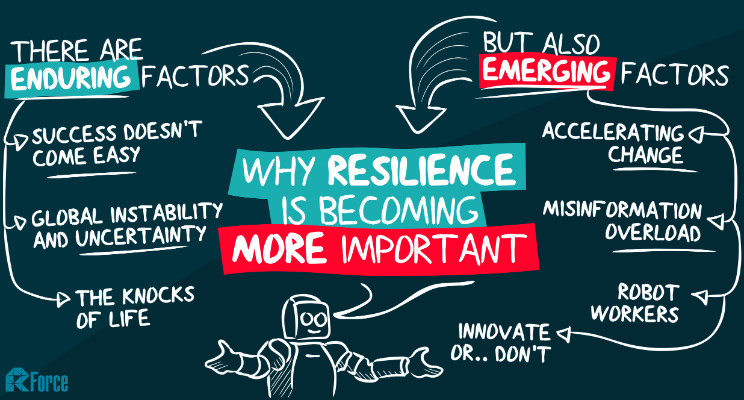April 30, 2025
LABOR DAY - MAY 1 2025

Resilience is the remarkable ability to adapt and thrive in the face of adversity. It is the strength that enables individuals to bounce back from difficult situations, maintaining their well-being and continuing their journey despite setbacks. In a world fraught with challenges—be it personal, social, or global—resilience is a vital quality that can turn obstacles into opportunities for growth and learning.
Resilience is not merely about enduring hardship; it is about finding ways to adapt and emerge stronger. It encompasses emotional regulation, optimism, problem-solving skills, self-efficacy, and strong support systems. Emotional regulation helps individuals manage their emotions effectively, preventing stress from overwhelming them. Optimism fosters a hopeful outlook, which fuels perseverance. Problem-solving skills enable individuals to navigate through challenges strategically, while self-efficacy instills a belief in their capacity to succeed. Support systems, such as family, friends, and community, provide emotional and practical assistance, reinforcing resilience.
On a personal level, resilience manifests in various ways. Consider the story of Jane, a young woman who lost her job unexpectedly. Initially, Jane felt devastated and uncertain about her future. However, she decided to view this setback as an opportunity to pursue her passion for graphic design. Jane enrolled in online courses, honed her skills, and started freelancing. Despite the initial difficulties, her determination and adaptability paid off. Within a year, Jane built a successful freelance business. Her resilience not only helped her overcome unemployment but also led her to a more fulfilling career.
Resilience is equally important in a community context. Natural disasters, economic downturns, and social upheavals can devastate communities. However, resilient communities can recover and rebuild more effectively. For instance, after a major earthquake, a small town in Japan demonstrated extraordinary resilience. The residents came together to rebuild their homes, restore infrastructure, and support one another emotionally. They organized community meetings, shared resources, and collaborated on reconstruction projects. Their collective resilience transformed a dire situation into a testament to human solidarity and strength.
Globally, resilience is crucial in addressing widespread challenges such as climate change, pandemics, and economic instability. The COVID-19 pandemic, for example, tested the resilience of individuals, communities, and nations worldwide. Healthcare workers displayed immense resilience, working tirelessly under extreme pressure. Communities adapted by supporting local businesses, engaging in virtual connections, and adhering to public health guidelines. Governments and organizations innovated to ensure continuity of services and support. The pandemic highlighted the interconnectedness of global resilience and the need for collaborative efforts to overcome such crises.
Resilience is not an innate trait but a skill that can be developed. Cultivating a growth mindset, practicing self-care, strengthening relationships, setting realistic goals, learning from experiences, maintaining a positive outlook, and seeking professional help when necessary are effective strategies to build resilience.
Resilience in the face of adversity is a powerful testament to human strength and adaptability. It transforms challenges into opportunities and setbacks into stepping stones for growth. By fostering resilience at personal, community, and global levels, we can navigate the uncertainties of life with courage and optimism, emerging stronger and more capable of creating a better future.